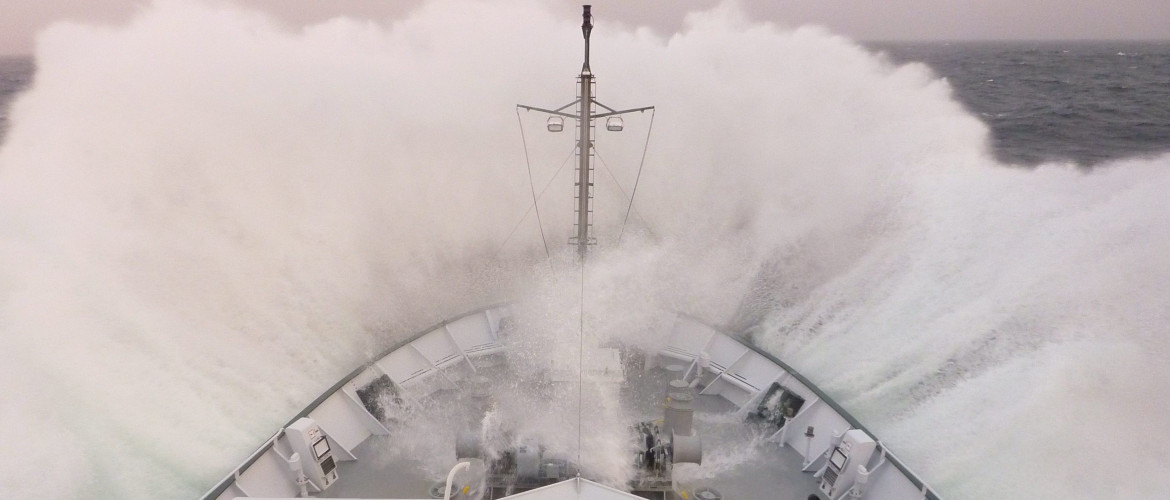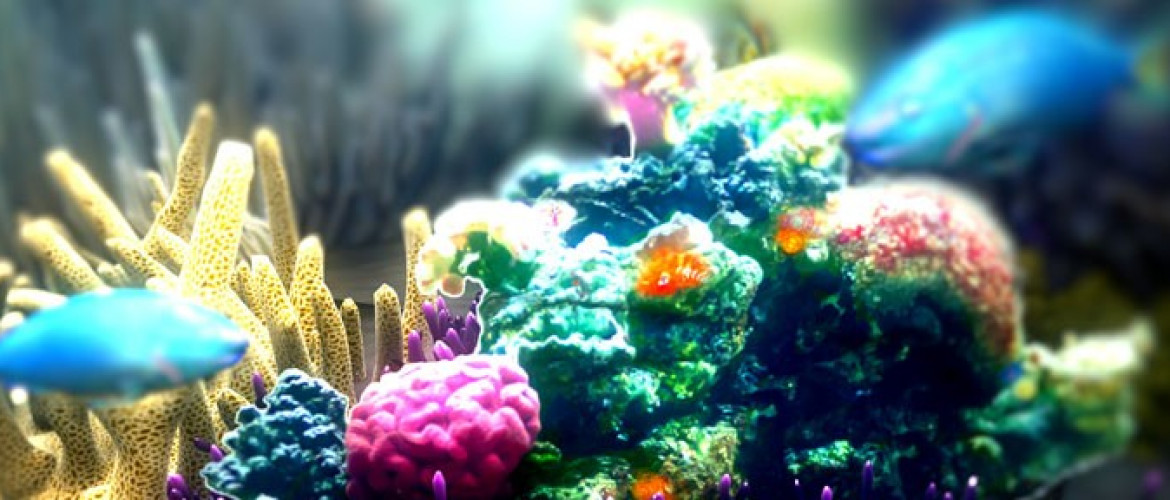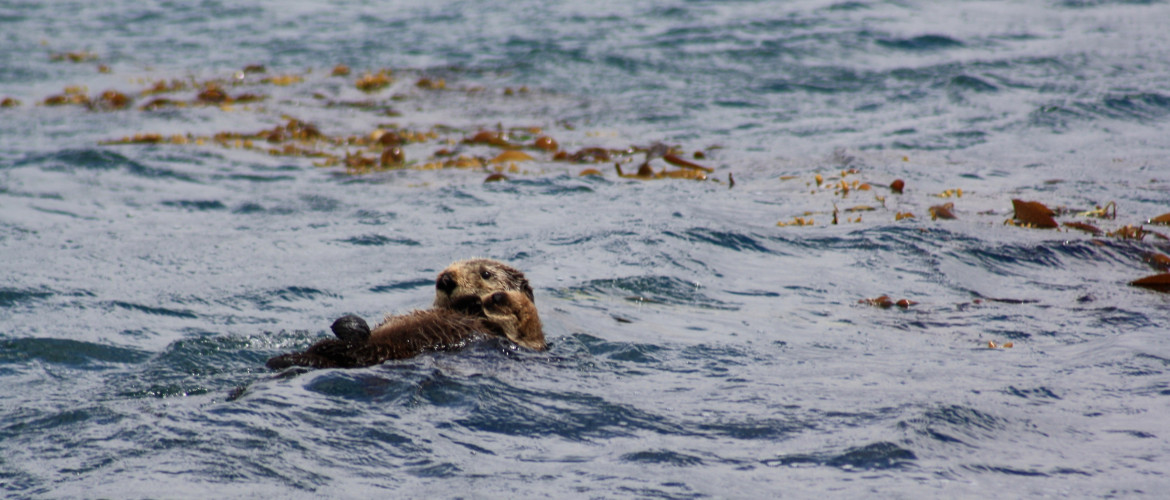Welcome to Oceans @ UBC
The oceans are of paramount importance for humans. In BC alone, fishing, marine transportation, and tourism contributed $5.6B to the provincial GDP and employ more than 80,000 people (2012). In addition, they provide a cultural identity for millions of people. Despite this crucial role, the oceans remain poorly understood and their ecosystems are under threat by human activities and a changing climate.
Oceans @UBC unites researchers across departments at UBC to facilitate multidisciplinary research. Over 60 faculty members in eleven different departments collectively contribute to our understanding of the world’s oceans, their ecosystems, and how humans influence and interact with them. The health of the oceans and aquatic wildlife are essential to the economy and the future in Canada and around the world.
Through meaningful partnerships with government and industry, researchers at Oceans @UBC are promoting sustainable developments in ocean-related economies, like fisheries management and environmental consulting. Sociological studies are exploring how to maintain the intricate interconnection between cultures and ecosystems in the face of population growth and declining ecosystem health. New research is constantly uncovering connections that weave together the health of the oceans, the planet, and human communities.
Researchers at Oceans @UBC are engaged in research projects totaling $90+ million, have authored 6,000+ academic publications and have received 250,000+ citations. Their work makes major contributions to shaping local, provincial, national, and international policy. Impacts on an international scale include the banning of bottom trawling in Hong Kong, the suspension of seahorses exports from Thailand, and the development of ecological monitoring software systems.


